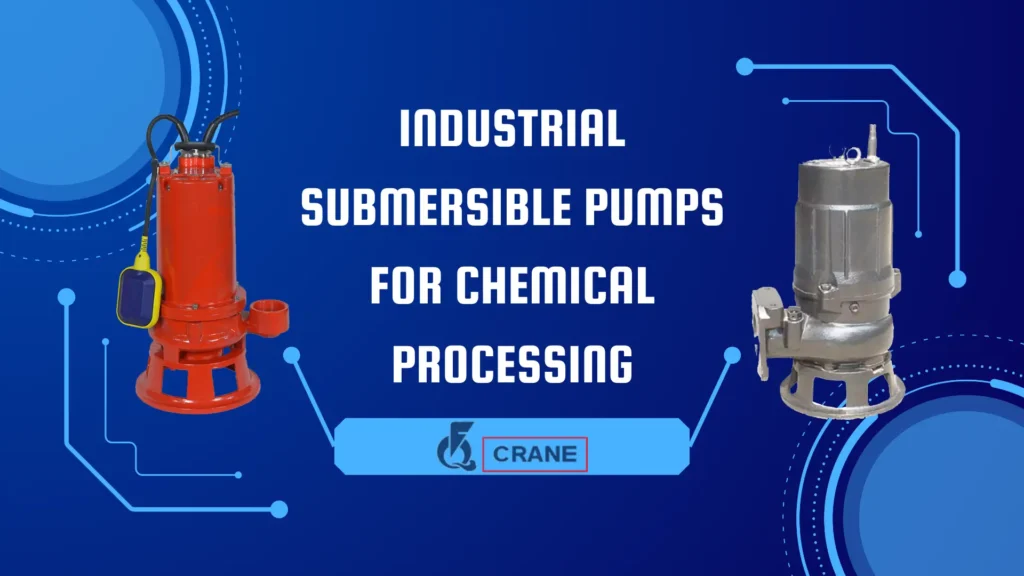Submersible pumps are designed to operate elastically while completely immersed in liquids, engineered to transfer all kinds of liquids ranging from water and chemicals from one point to another effectively.
These pumps are designed to operate uninterruptedly and, therefore, become indispensable for many industrial applications.
Safe and efficient fluid transfer is very important to the chemical processing industry.
The corrosive substances, acids, and other reactive components require submersible pumps to provide for their easy passage.
This blog will give a detailed view of the importance and role of industrial submersible pumps in chemical processing.
The coverage is going to look at the variations of the kind of chemicals, material compatibility, safety features of the pumps, and the maintenance practices that are followed routinely, while striving to provide realistic insights for any business intent on optimizing its pumping solution.
Learn More:
- The Ultimate Guide to Industrial Submersible Pumps
- How to Optimize Performance of Submersible Pumps
- Evaluating the Quality of Submersible Pumps from China
Types of Chemicals and Their Properties
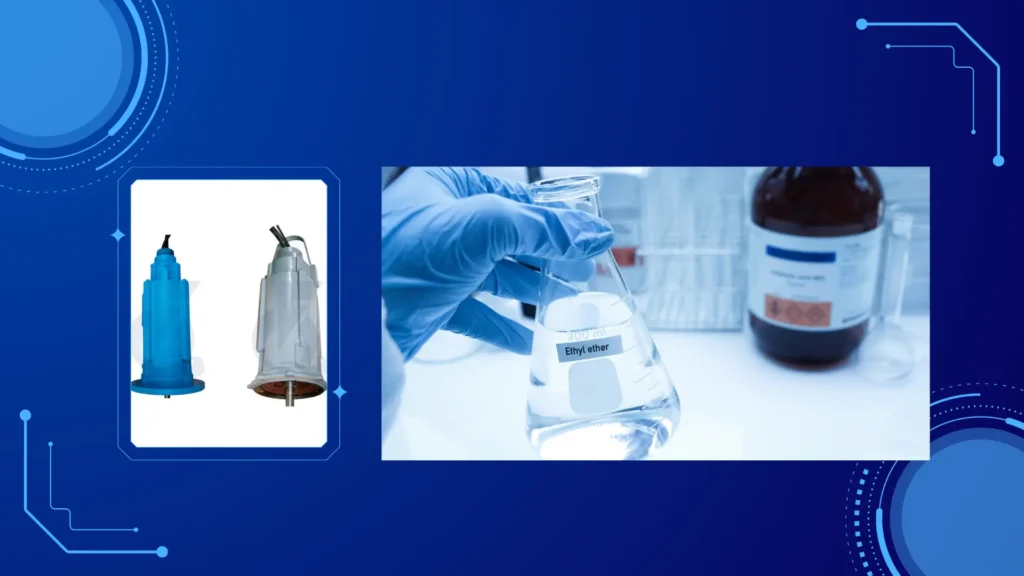
Chemicals Commonly Used in Processing
Chemical processing encompasses a broad category of substances including acids, like sulphuric acid, through to bases, such as sodium hydroxide, and also to organic solvents of many kinds.
All the substances mentioned above have varied characteristics, each having an impact on the way they are handled and transported.
Knowledge of the chemical being pumped is critical to choosing appropriate pumping equipment.
Physical and Chemical Properties Relevant to Pumping
Performance of pumping will depend on the nature of the chemical to be pumped; its viscosity, density, pH, and temperature.
High-viscosity fluids, such as grease, require powerful pumps that exert high pressure; low-viscosity liquids are normally pumped.
In addition, there is chemical corrosiveness or volatility that determines construction materials used in making a pump.
Impact on Selection of Pump
The right selection of the pump to handle a particular chemical involves vetting its properties against the capabilities of the pump.
This means that a pump that works well with water might not apply to highly corrosive acid.
In this way, if one can understand the properties of the chemical involved, informed decisions can be made by enterprises operating in this sector to ensure efficiency and safety at work.
Corrosion Resistance and Chemical Compatibility
Importance of Material Selection
Selection of proper materials is very important for submersible pumps to cope with the corrosive nature that most chemicals have in processing. Incompatible materials quickly corrode, and the pumps may leak and lead to failure.
This only results in very expensive repairs; it might also lead to safety risks.
Materials Commonly Used on Submersible Pumps
Stainless steel, titanium, and other specialized plastics are common for submersible pumps because they resist corrosion and adverse chemical reactions.
All of the materials have various advantages; for example, stainless steel provides great strength and usually is very durable, while plastics can sometimes offer superb chemical resistance at a lighter weight.
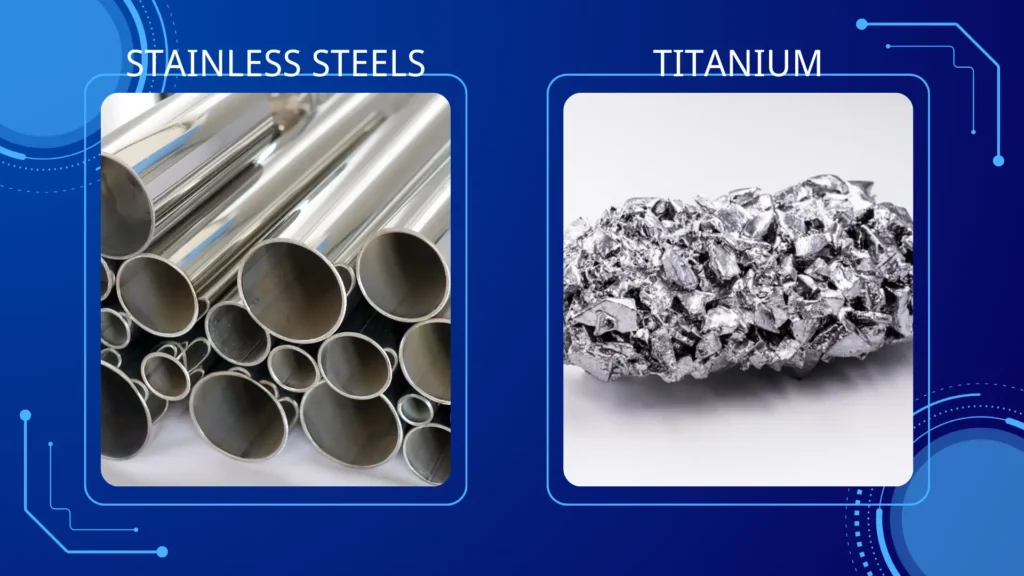
Chemical Compatibility Ensuring Strategies
This may be done by a number of suppliers carrying out large amounts of testing to ensure this, or referring to established guidelines.
Some may offer pumps with interchangeable components manufactured from a variety of materials thus allowing a tailored approach depending on the exact chemicals being processed.
All this is done in an attempt to minimize the risk of pump failures due to material incompatibility.
Acid and Alkaline Transfer
Issues of acid and alkali transfer
Transfer of acids and alkalis is especially critical due to the reactive nature of the subjects.
If materials of construction of the pump itself are not specifically designed to cope, deterioration will rapidly occur leading to malfunction.
The risk of spillage and leakage during transfer is also heightened causing environmental impairment and creating hazardous situations.
Design features that enhance performance in these applications
Pumps for transferring acids and alkalies usually have some distinctive features that include double mechanical seals, casing reinforcements, and state-of-the-art seal technologies whose
purpose is to ensure zero or at best minimum leakages and allow the pump to perform well even under hostile conditions.
Case studies of successful acid and alkaline transfer
Submersible pumps for acid and alkaline applications have been very successful in various chemical plants.
A major manufacturer related the experience of drastically reducing maintenance costs and critical downtime by substituting a conventionally sealed pump with one that utilized advanced seals and corrosion-resistant materials, when an appropriate application was carefully selected.
Case histories are indeed helpful to the specifier for properly selecting application equipment.
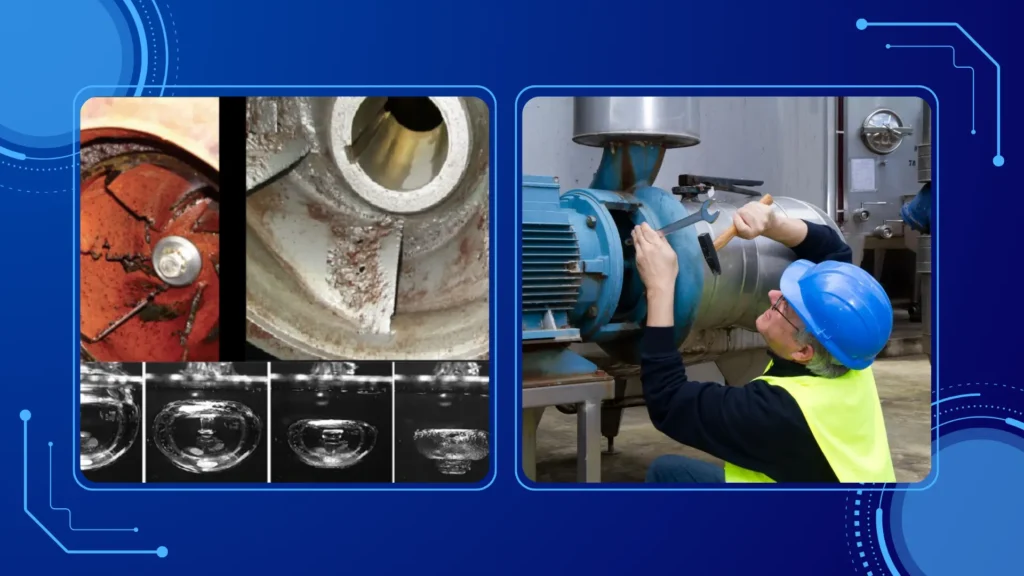
Hazardous and Explosive Material Handling
Hazardous material overview in chemical processing
Many of the chemicals used in processing are considered hazardous and many even explosive.
The safe storage of such materials and the transport of them with due care form part of the workplace safety and compliance legislation.
Accidents involving hazardous material mismanagement can have very serious consequences, causing injury and contamination to the environment.
Safety standards and regulations
Any activity involving hazardous materials must adhere to safety standards and regulations as prescribed by OSHA or other authorities such as NFPA.
The latter stipulates the design, installation, and operation of pumps so that they are capable of handling hazardous substances without risking failure of the pump or an accident.
Features of Pumps Intended for Hazardous Environments
Pumps for hazardous environments could be explosion-proof motors, improved sealing, and selection of materials for their resistance to chemical reaction.
This would be important in maintaining safety and reliability when working in hazardous material handling conditions.
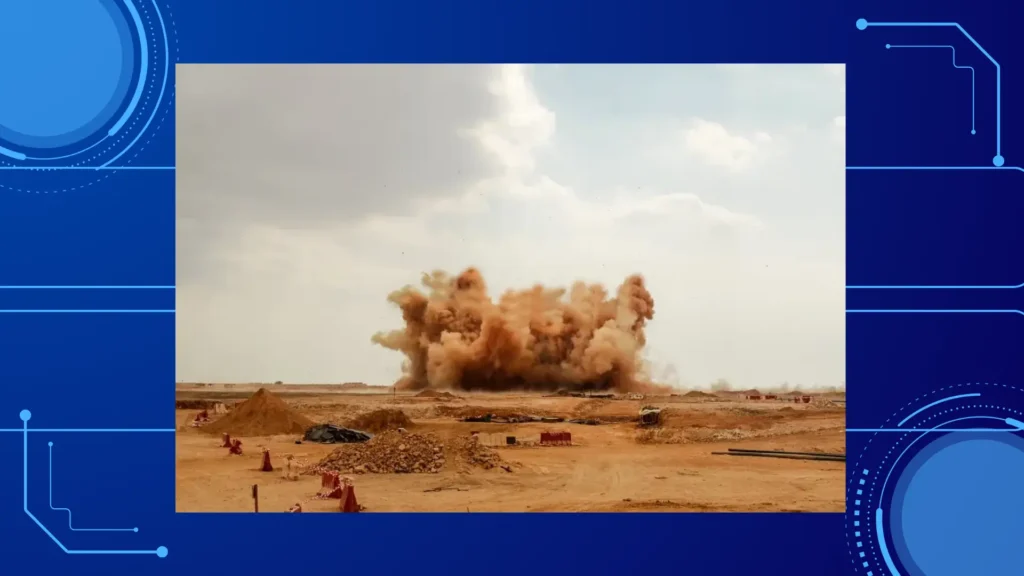
Preventing Contamination and Leakage
Importance of Maintaining Purity within Chemical Processes
Chemical purity may be critical to the quality and safety of the products and should be maintained throughout a processing operation.
Contamination from leaks can result in adulteration of products, safety hazards, and considerable financial losses.
Prevention of contamination and leakage is thus one of the utmost priorities for chemical processing operations.
Design considerations to prevent leakage
Because of that, many submersible pumps are designed with several features that minimize the possibility of leaks, such as second containment, sophisticated seal technologies, and fail-safe mechanisms.
These design elements interact to contain any possible leak and prevent its release into the environment.
Operating and Maintenance Best Practices
Demonstration of best practices for operation and maintenance can go a long way in reducing the risks of contamination and leakage.
Regular inspection, proper training of the staff, and following of the operational protocols are some features of a commendable maintenance strategy.
Being proactive will protect processes and products for the businesses.
Energy Efficiency and Environmental Impact
The need for energy efficiency with pumps
Energy efficiency in chemical processing has increasingly become a point of concern with ever-spiraling energy costs and an ever-developing ecological consciousness.
Therefore, energy-efficient pumps provide a huge cost benefit and contribute to reducing the overall carbon footprint of a facility, hence very attractive to businesses.
Environmental Consideration during Pump Selection
It would be important in the choice of the pumps to consider the environmental impact of the pumps, energy use during operation, and any possible emissions.
The eco-friendly pumps will benefit the environment but also the company by providing it better branding and eligibility within green regulations.
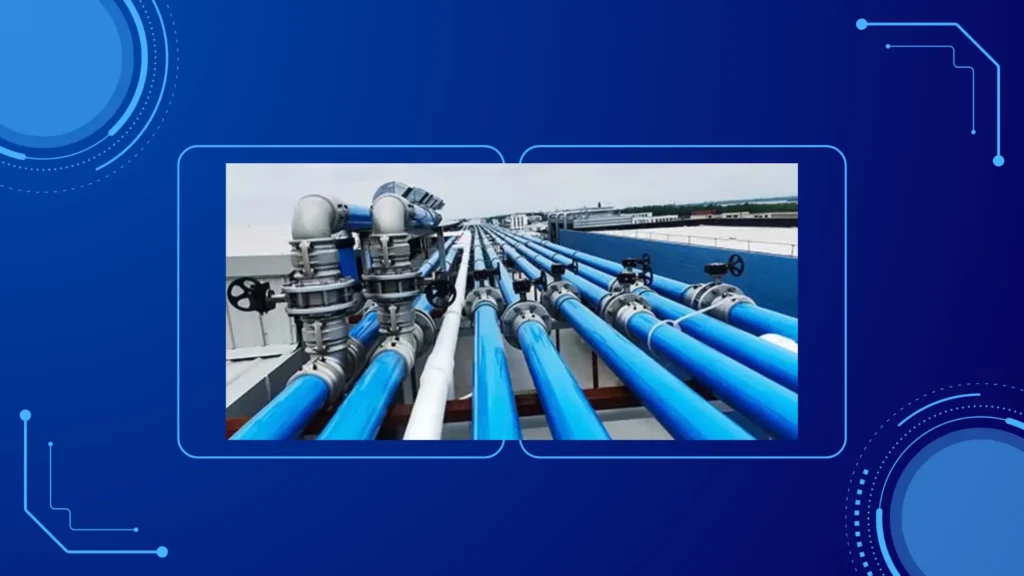
Submersible Pump Technology Innovations
Over the last couple of decades, submersible pumps have been being designed and/or modified to achieve higher energy efficiency and less environmental impact.
As such, variable frequency drives enable pumps to run at a speed conducive to demands placed on it – greatly reducing energy consumption and generally strengthening the performance of the pump.
Maintenance and Reliability
Regular maintenance practice
Regular maintenance is what ensures the reliability and longevity of submersible pumps.
For instance, routine checks, monitoring abnormal vibrations or sounds could identify a problem before it slides into a more major problem.
Common problems and troubleshooting
This would provide understanding in troubleshooting and maintaining the pump’s efficiency due to specific problems related to overheating, blockages, or mechanical seal failure.
A clear guide on troubleshooting will have the operators deal with the problem at hand without wasting much time and hence would reduce the periods of plant stall.
Importance of Chemical Processing Reliability
Reliability is key in pumps meant for chemical processing industries. The result of unplanned downtime is costly production delays and financial losses.
Reliable pumps imply continuous operation and attainment of production targets with customer satisfaction.
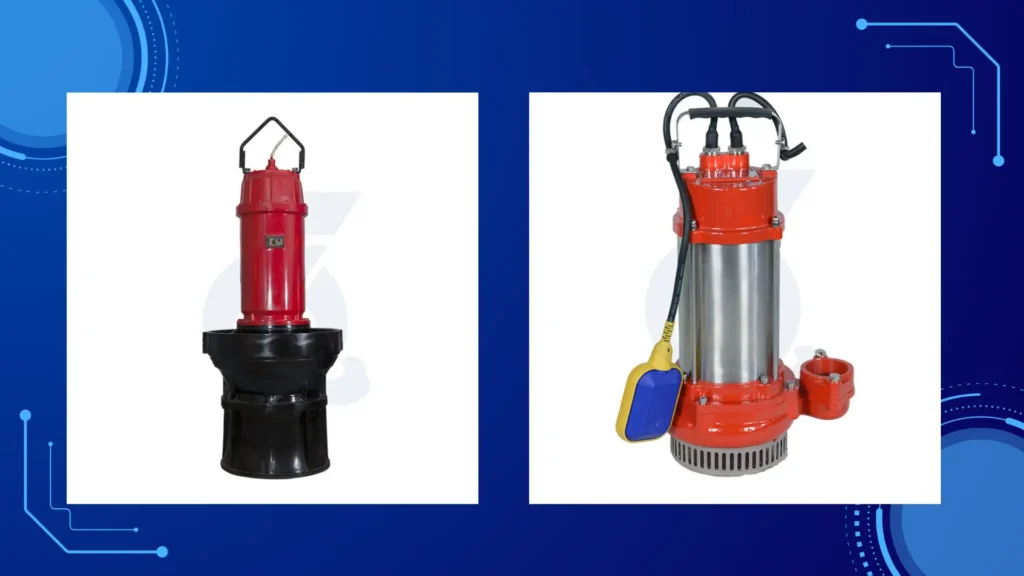
Conclusion
Industrial submersible pumps are vital in the operation of chemical processing industries for safe and efficient transport of different chemicals.
Their design and capability ensure the certainty of operational success in these industries.
The selection of pumps has to consider the types of chemicals involved, their properties, and the prevalent operational environment. Informed selection can ensure efficiency and safety.
Businesses that want to up their game should invest their time in research and selection for the correct submersible pump technology.
Expert consultation will be very helpful for proper understanding, and manufacturers can guide well to choose correctly depending on applications.

